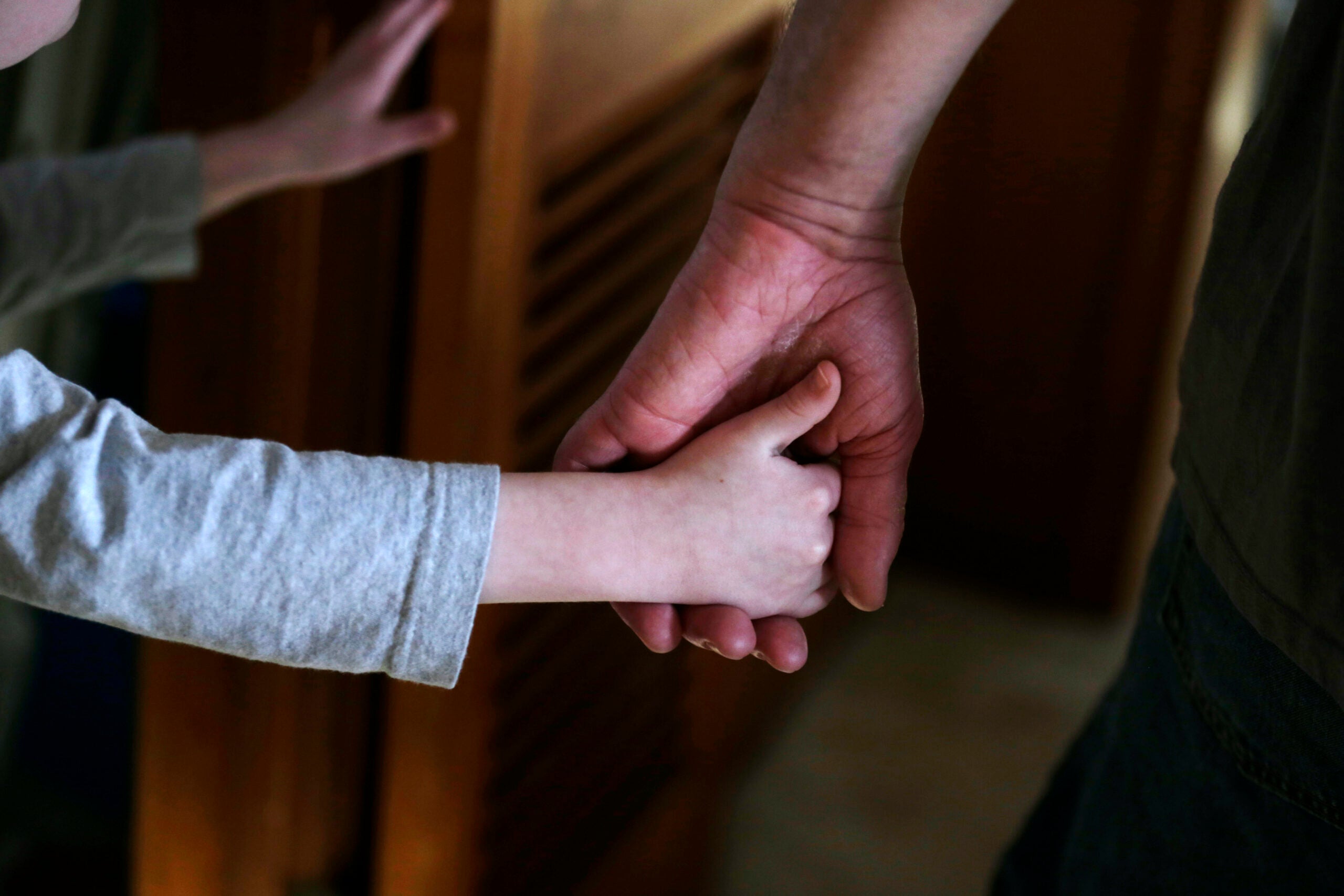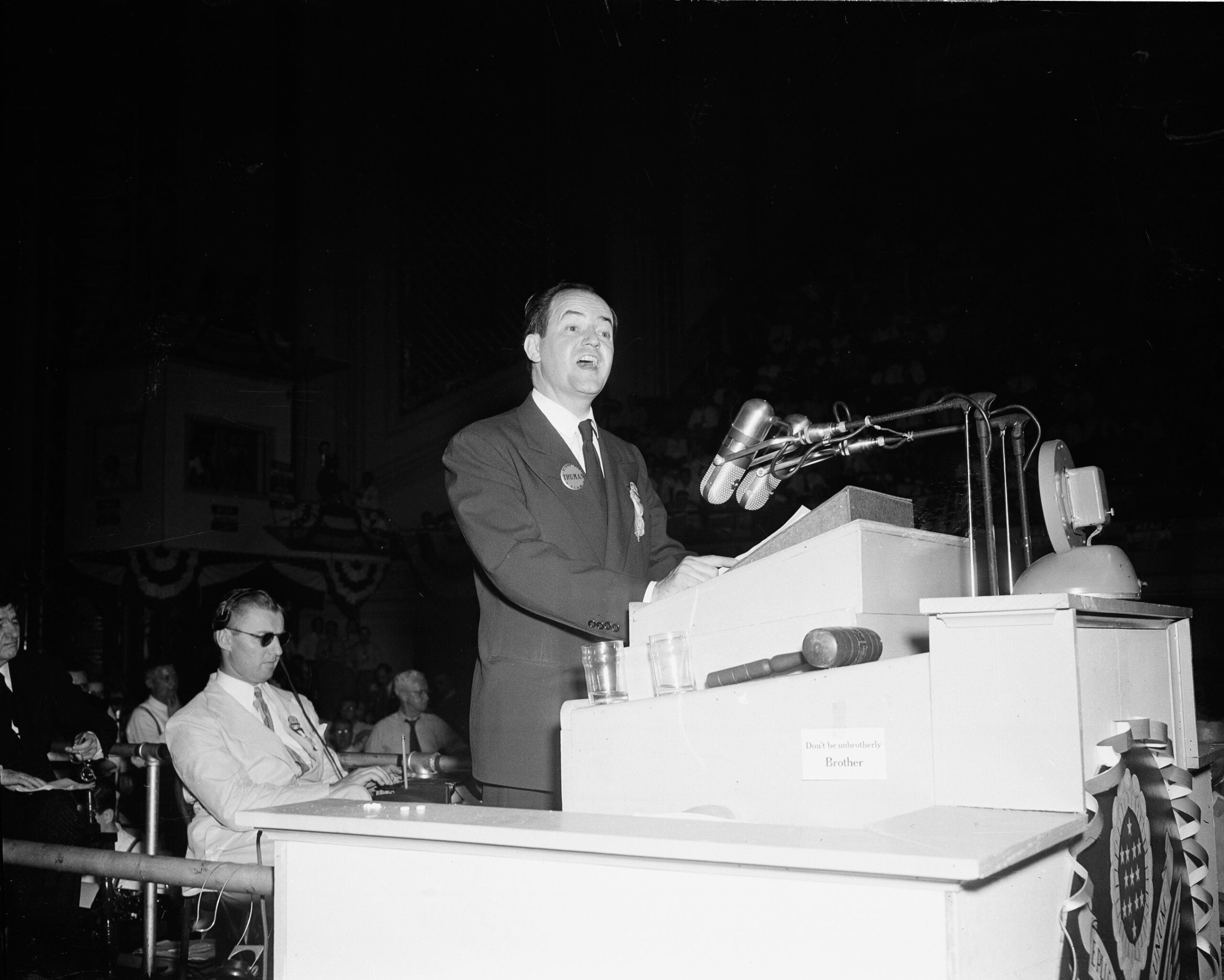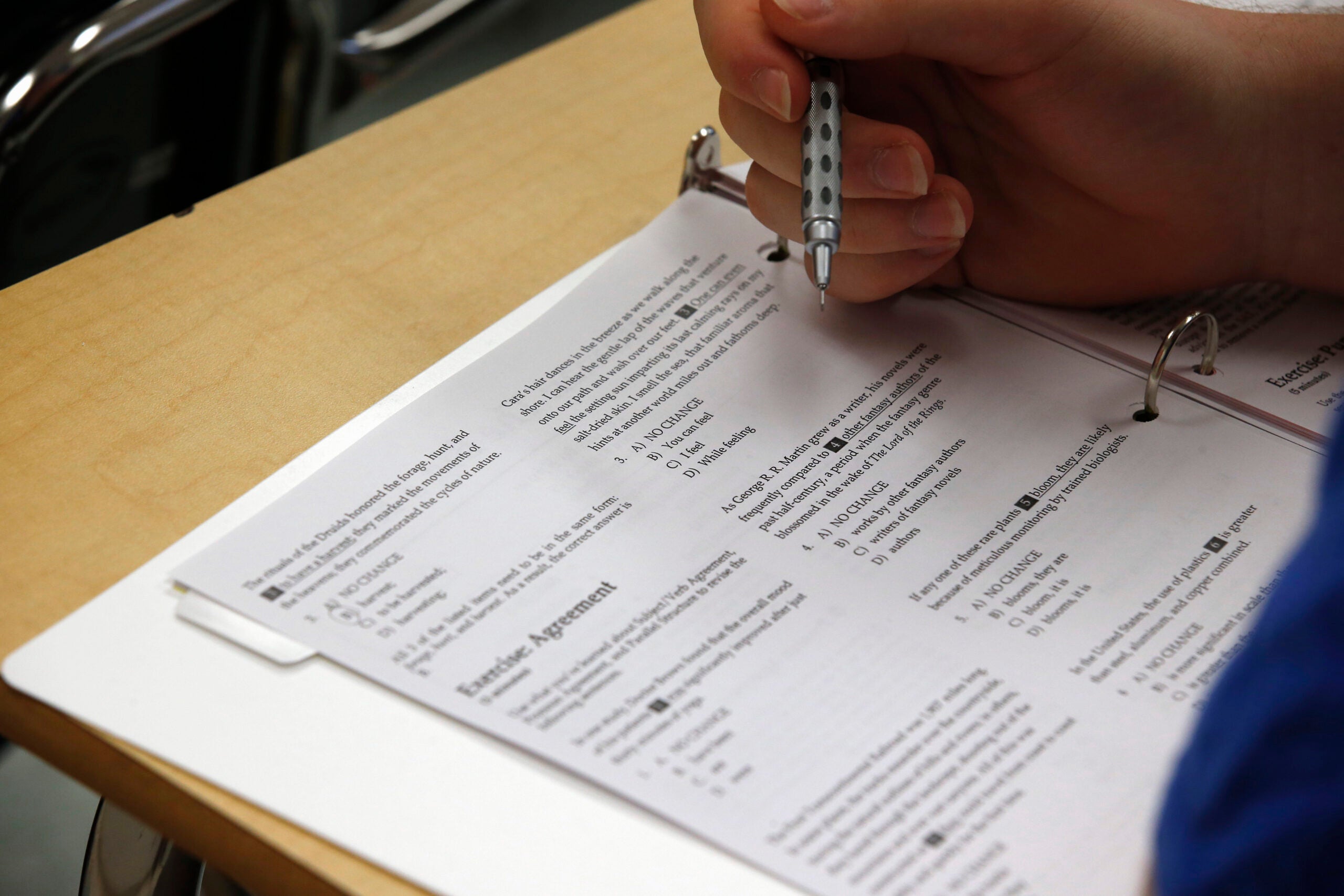Lloyd Barbee was a Wisconsin civil rights leader, lawyer, and state representative who played a key role in desegregating Milwaukee public schools. We look back at his life and at a new book filled with his writings. We also learn about the illegal gun trade in Chicago and how far the city’s authorities are willing to go to apprehend individual dealers. And we look at the intersection of sports and politics.
Featured in this Show
-
Daughter Recalls Wisconsin's Lloyd Barbee And A Life Spent Fighting For Justice
Lloyd Barbee may not be a household name, but he played a significant role in Wisconsin’s history. A civil rights activist, lawyer and Wisconsin state legislator, Barbee’s life and career spanned many of the key social and political struggles of the second half of the 20th century.
Barbee was often right in the middle of those efforts. As an attorney, he was instrumental in the court case that desegregated Milwaukee public schools, spending nearly a decade on the case. And as a state representative, he championed a range of progressive causes, including access to abortion, reform of law enforcement and drug penalties and even the legalization of marijuana.
Born in 1925 in the segregated South, Barbee began his activist career as a youth member of the NAACP. As he contemplated pursuing a law degree, relatives in Beloit suggested he would be better off attending an integrated school like the University of Wisconsin-Madison, which he did.
Barbee’s daughter Daphne Barbee-Wooten, a civil rights lawyer herself, has gathered her father’s speeches, manuscripts and other materials into a book titled “Justice for All: Selected Writings of Lloyd A. Barbee.”
Barbee earned his law degree from UW-Madison in 1956. Barbee-Wooten said that even before his move to Milwaukee, he had begun challenging societal and legal inequities.
“He had already successfully sued the city of Madison for its race discrimination in housing. And he decided then that he would go to Milwaukee and take up some more challenges,” Barbee-Wooten said.
In 1959, Barbee moved to Milwaukee, a heavily segregated city that remains so today.
“He went to Milwaukee and he enjoyed a good fight, and tried his best to bring justice,” Barbee-Wooten said.
One way that Barbee achieved that was through politics. In 1964, he won a seat in the Wisconsin Assembly, where he served until 1977. At the time, he was the only African-American in either house of the Legislature.
Barbee used his time in the Assembly to promote causes he defended as a lawyer.
“He was able, through the legislative process, to sponsor bills … demanding that public schools teach black history, Native American history, demanding that the schools be more diverse, not only in their education process but the teachers also,” Barbee-Wooten explained.
One of the issues that was prominent in Barbee’s Milwaukee and remains just as relevant today is the state of relations between communities of color and law enforcement. In his time in the Legislature, Barbee demanded that “African-Americans not be shot by the police, which happened quite a bit in the ’60s,” Barbee-Wooten said.
Barbee-Wooten notes her father’s work on the issue still echoes strongly today.
“So the Black Lives Matter movement is not a new movement, it started many moons ago,” she said.
While racism in many southern states was enshrined in law, Wisconsin and other northern states also practiced segregation and discrimination.
“The whole thing was right out of something you would expect in the South, and it happened here in Wisconsin, in the North,” Barbee-Wooten said.
There were some distinctions in how race was treated legally in northern and southern states, but Barbee-Wooten said that those didn’t matter much in the everyday lives of people of color.
“In the North, they may not have a law on the book, but they still did it. It’s called de facto segregation; it was segregation by fact. And the school board would argue, ‘Well, we’re not intentionally segregating. This is what people like. This is what people want.’ And that simply wasn’t true,” Barbee-Wooten said.
Barbee-Wooten has followed in her father’s footsteps. She is an attorney specializing in civil rights practicing in Honolulu, Hawaii and previously worked as a public defender and trial attorney, including as the first senior trial attorney for the Equal Employment Opportunity Commission in Hawaii.
As the child of Lloyd Barbee, she said she “learned that you have to stand up for your rights even in the face of ugliness, racism, sexism. You have to keep going forward and stand up for your rights.”
Barbee died Dec. 29, 2002 at age 77.
-
Civil Rights Advocate Lloyd Barbee, In His Own Words
Wisconsinite Lloyd Barbee was a pioneer in civil rights, and was instrumental in the desegregation of Milwaukee’s public schools. His daughter joins us to discuss a new collection of his writings.
-
How Illegal Guns Are Bought And Sold In Chicago
Gun violence in Chicago has been one of the biggest issues facing the city in recent years, and police and federal agents have looked to stem the flow of guns by targeting those individuals who sell them. But is it working? A reporter looks at the illegal gun trade in Chicago, and just how far authorities are willing to go to apprehend individual sellers.
-
Walker's Letter To NFL Latest Twist In Ongoing Political Response To Anthem Protests
Amid an ongoing conversation about race, protests and the National Football League, Wisconsin Governor Scott Walker is adding his voice to the mix. In a letter sent to NFL commissioner Roger Goodell this week, Walker writes, “it is time for players in the NFL to stop their protests during the anthem and move on from what has become a divisive political sideshow.” This isn’t the first time politics and sports have intersected…but the recent situation over the NFL anthem protests have elicited a debate unlike anything seen recently. Why? And, what does it all say about the ability of athletes to bring about social change? A sociologist breaks it down.
Episode Credits
- Rob Ferrett Host
- Veronica Rueckert Host
- Judith Siers-Poisson Producer
- Chris Malina Producer
- Daphne Barbee-Wooten Guest
- Mick Dumke Guest
- Douglas Hartmann Guest
Wisconsin Public Radio, © Copyright 2024, Board of Regents of the University of Wisconsin System and Wisconsin Educational Communications Board.




